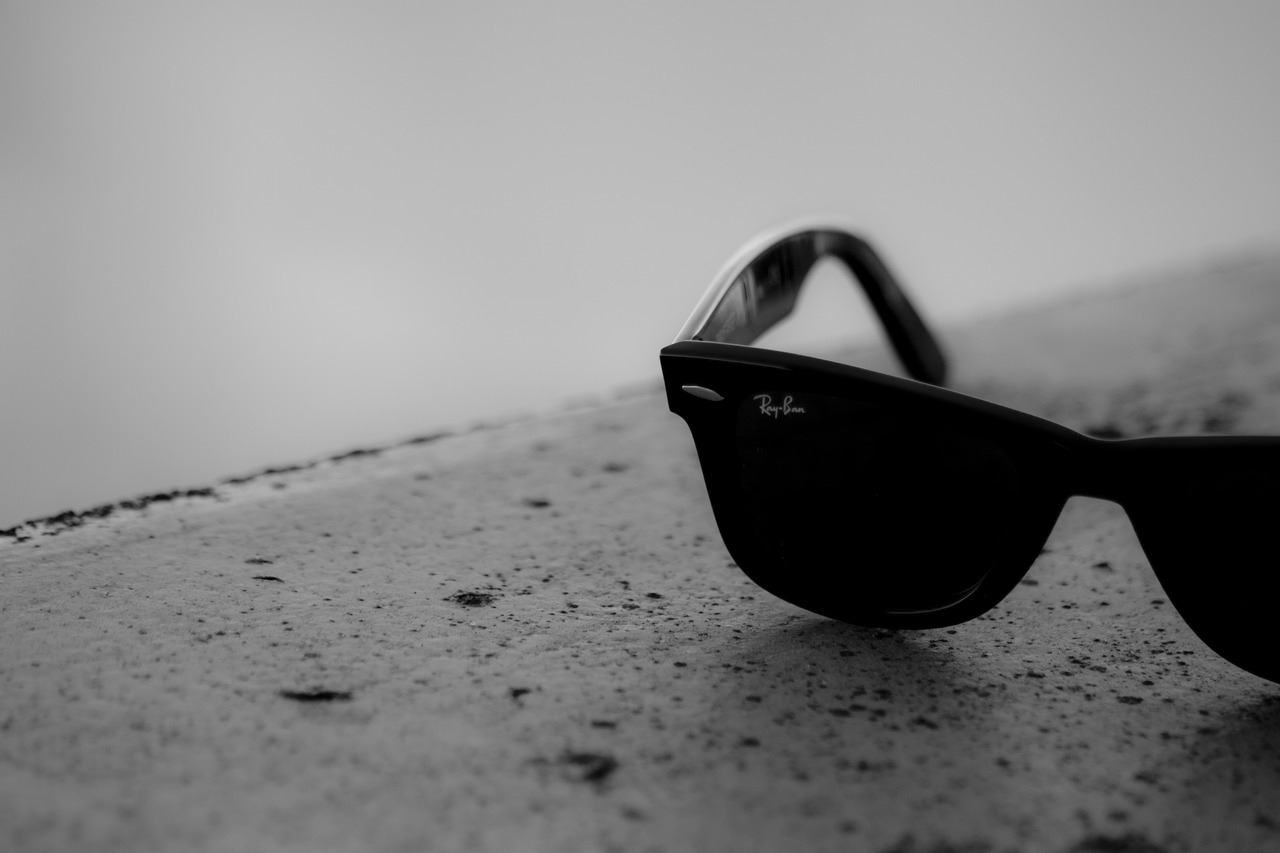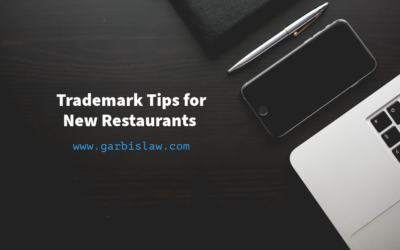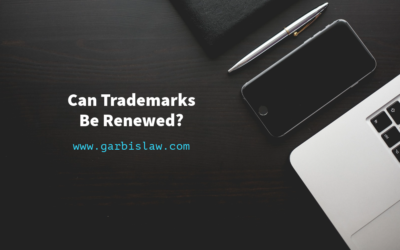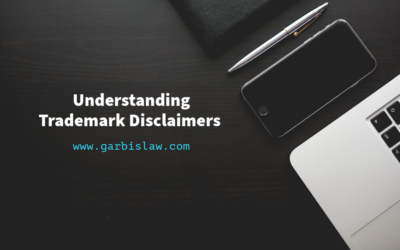One of the most common questions I get when discussing trademarks with clients is “Do I really have to register it?” My answer, in true legal fashion, is “it depends.”
When starting a business, it’s always important to take a step back and look at the big picture. More often than not, entrepreneurs are zoned in and only focus on how to address issues that are in front of them at the present moment. Trademarks, as well as patents and other forms of intellectual property should be looked at more as an investment.
Dealing with a number of clients in the restaurant industry, I find myself discussing the history of the Burger King trademark because it provides a good example of the benefits of a federally registered mark. Many do not realize that Miami-based corporate giant Burger King was actually not the first Burger King in Illinois, and still is not allowed in a certain area of Illinois. Why you ask? Trademark law!
In 1952, a couple bought a successful ice-cream stand in Mattoon, IL named the “Frigid Queen.” A couple of years later, they decided to expand the business and in 1957 began selling hamburgers under the name “Burger King.” In 1959, Gene and Betty Hoots, who owned the Illinois Burger King, were advised to register the name at the state level. They would soon realize, however, that a state trademark registration is much more limiting than its federal counterpart.
By the time the state registration came through, Burger King® (Miami) was operating 38 restaurants in a number of southern states. In 1961, Burger King® (Miami) continued its expansion and opened its first Illinois location in Skokie, followed by a location in Champaign.
What ensued is a landmark case in trademark law that would become a staple in law schools and would help define the Lanham Act which governs trademark law. The Hoots family was under the impression that they had protection throughout all of Illinois because they had obtained an Illinois trademark registration. Burger King® (Miami) proceeded to expand behind the shield of its federally registered mark, and by the time the trial began in 1967 was already operating more than 50 restaurants in Illinois.
This case went up to the Seventh Circuit Court of Appeals, which affirmed the district courts ruling, holding that the federal registration of the trade mark “Burger King” gave exclusive rights to use the mark in Illinois except in the Mattoon market area in Illinois where the Hoots, without knowledge of plaintiffs’ (BK Miami) prior use, actually used the mark before federal registration. The Hoots did not acquire the exclusive right they would have acquired by their Illinois registration had they actually used the mark throughout Illinois prior to the plaintiffs’ federal registration.” (You can read the opinion here: Burger King of Florida, Inc. v. Hoots)
The Court gave the Hoots’ very limited protection in the form of a 20 mile radius where Burger King® (Miami) cannot operate a restaurant within the Mattoon establishment.
What should be taken from this? A federal registration is much more powerful than a state (or no) registration. The state registration only reached the geographic region where the Hoots were operating. The court determined that their market was defined by the twenty mile radius. Had there been a federally registered mark, no such limitation would exist. If the Hoots had obtained a federally registered mark prior to Burger King (Miami), it would have put them in a very strong bargaining position with Burger King operating a vast number of restaurants in the southern states and looking to expand.
Instead, the Hoots were (and are) limited to the 20 mile radius the court has defined. Burger King (Miami) is free to open and use the name anywhere in Illinois except for that area and the Hoots cannot use the “Burger King” name anywhere in the United States except for where they were operating.





